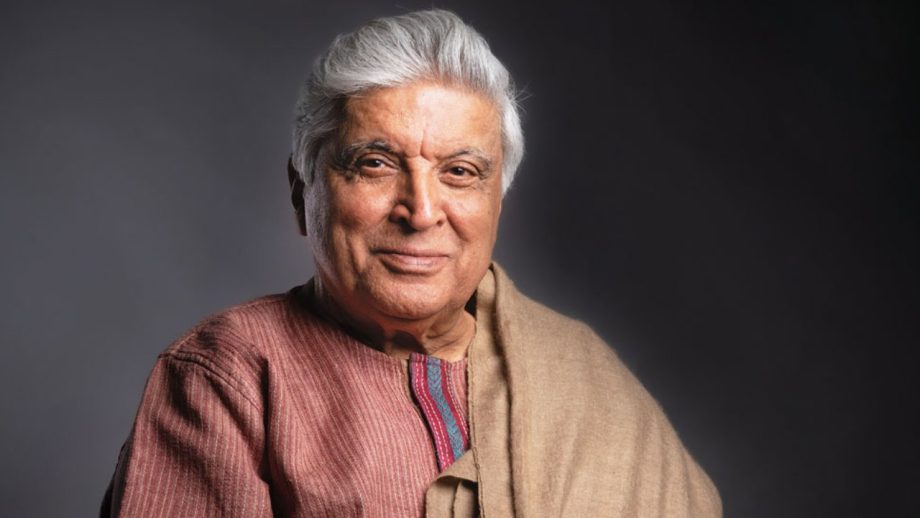Yesterday morning, we woke up to the sobering news that one of Hrishikesh Mukherjee’s most beloved films Bawarchi will be remade.
My mind went into an instant flashback into a conversation with the affable Hrishida.
We were once discussing remakes and Hrishida said, “Beta, you know what is my biggest fear? Some day I will no more be here ,and my films will be vulnerable to alien attack. Alien attack matlab, they would want to remake my films. Someone will decide Anand won’t die in the end, that his cancer was a mis-diagnosis. Someone else will decide that Mili dies and is reincarnated as Julie. Or worse still, Chupke Chupke is no longer a comedy, but a tragedy …As our cinema runs out of ideas filmmakers would rely more and more on past films.”
Prophetic words , those.
Hrishidaa’s Bawarchi cannot be remake. It is about a rasoiya, a cook who fixes all the problems in a joint family and then vanishes. This is a story of the last millennium. The Great Indian Joint Family is an extinct concept. So where does the bawarchi fit in?
And who can play the spectacularly charismatic titular role after Rajesh Khanna? I can only think of Ranveer Singh and he will rob the character of all its innocence and make it into a cocky Mr Know all.
No no no, please! On behalf of Hrishida,I plead with the brains behind this idea. Find some other film to remake. How about Hrishida’s Sabse Bada Sukh? It was a disaster and he wanted to remake it himself.
Javed Akhtar whose Zanjeer was remade to disastrous responses is not opposed to remakes per se. In fact Salim and Javed once remade a 1959 film called Do Ustad in 1974 as Haath Ki Safaai. Explains Javed, “I can understand Basu Chatterjee fuming over the remakes of his film. He or Sai Paranjpye have made classics, so why fool around with them?On the other hand some other films have reason to be remade. Hota kya hai with time some classics with the passage of time it could be given a new interpretation.A filmmaker may have seen a film 30 years ago which he loves and he might feel he could give that subject a more technologically advanced twist than what was done to it earlier. A writer may feel that he could tweak certain aspects of an old script . No harm in that. But I feel certain classics are sacrosanct and inviolable. You can’t remake Sholay, Mughal-e-Azam or Gone With The Wind Or Ben Hur.No one should dare to tamper with these classics because this scripts couldn’t be carried any further. But there are other films that can be improved on.Martin Scorcese who is one of the most respected directors in the world remade the 1962 classic Cape Fear very successfully. Martin Scorsese got his first Oscar for best director for a remake The Departed.”
Ask this brilliant scriptwriter which films he’d like to see remade and Javed Akhtar promptly says, “I’d like to see my Arjun remade.I feel I had made some mistakes in the second-half and somewhere I am aware of those mistakes. If it is remade I’d correct those mistakes.Our film Haath Ki Safaai was based on a 1959 film called Do Ustad which starred Raj Kapoor and Sheikh Mukhtar.Salim Saab and I saw Do Ustad and we sensed the potential in the plot that was lost in translation . Ibrahim Nadiadwala bought the rights of Do Ustad and we remade it as Haath Ki Safaai. And let me tell you Haath Ki Safaai was a hundred times better film although Do Ustad had such a fine actor like Raj Kapoor and we had to make do with Randhir Kapoor.”
Films that should be remade as they have room for improvement
R K Nayyar’s Inteqaam: a powerful revenge about a wronged woman(Sadhana) who avenges her wrongdoer by marrying his son . The film was a showcase for the actress made by her husband.Great drama.But needs updating.
Hrishikesh Mukherjee’s Jurmana: a Casanova Amitabh Bachchan seduces an innocent woman just to prove that all women are putty in his hands, and then atones for his sins. Hrisihida made this one halfheartedly.
Satyen Bose’s Aasra: A man seduces and impregnates the maidservant(Mala Sinha) in the home of his prospective wife.Very timely. Needs fine-tuning
Zarasi Zindagi: K. Balachander’s neglected gem about unemployment came 20 years too early.

